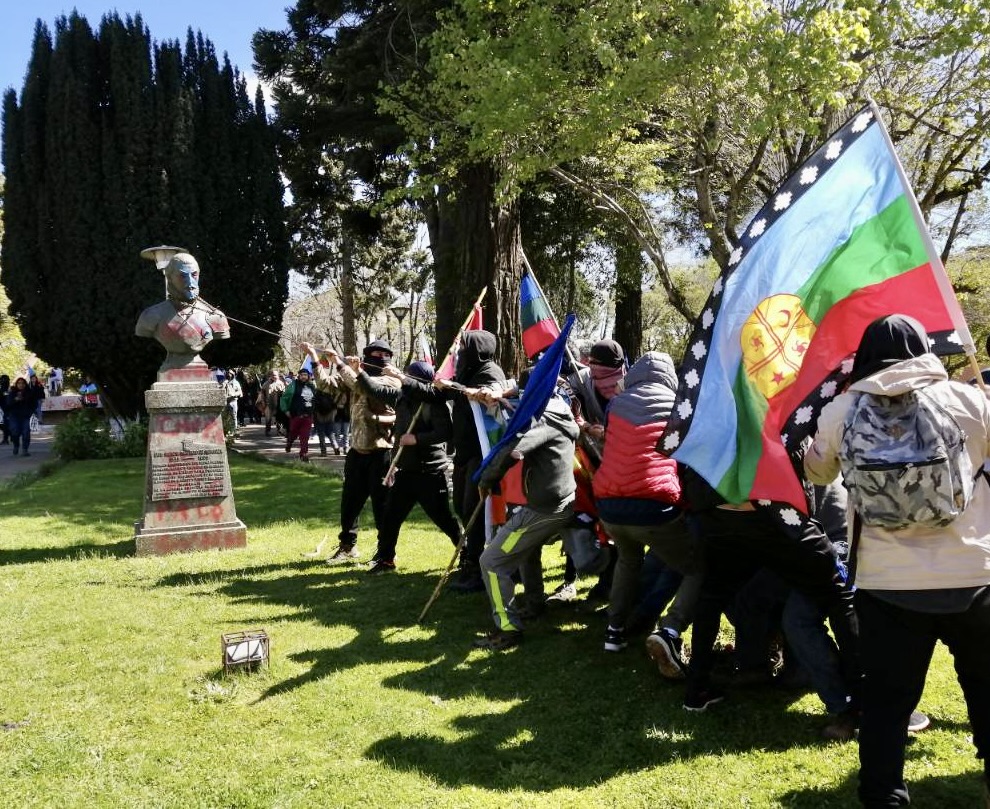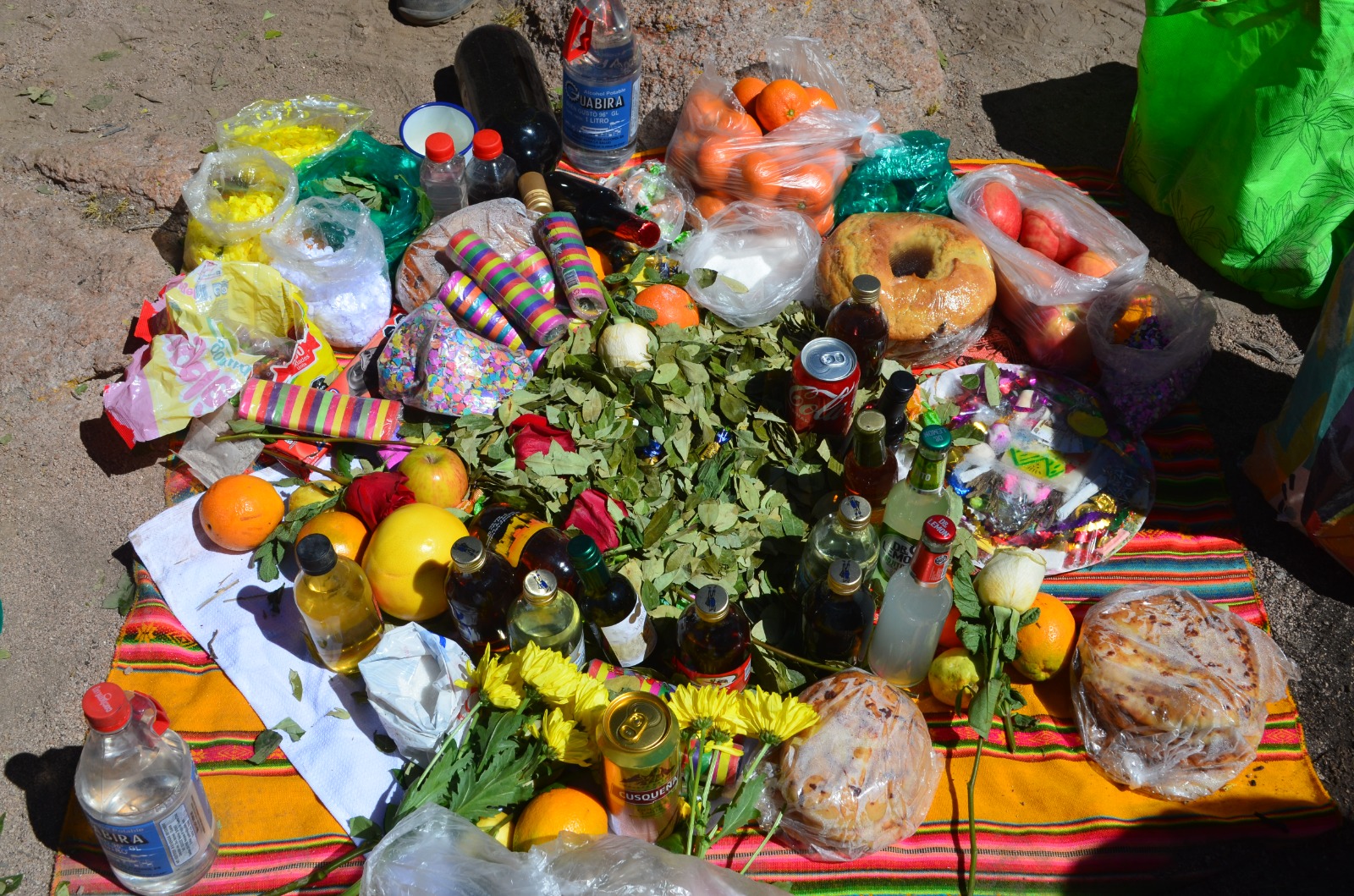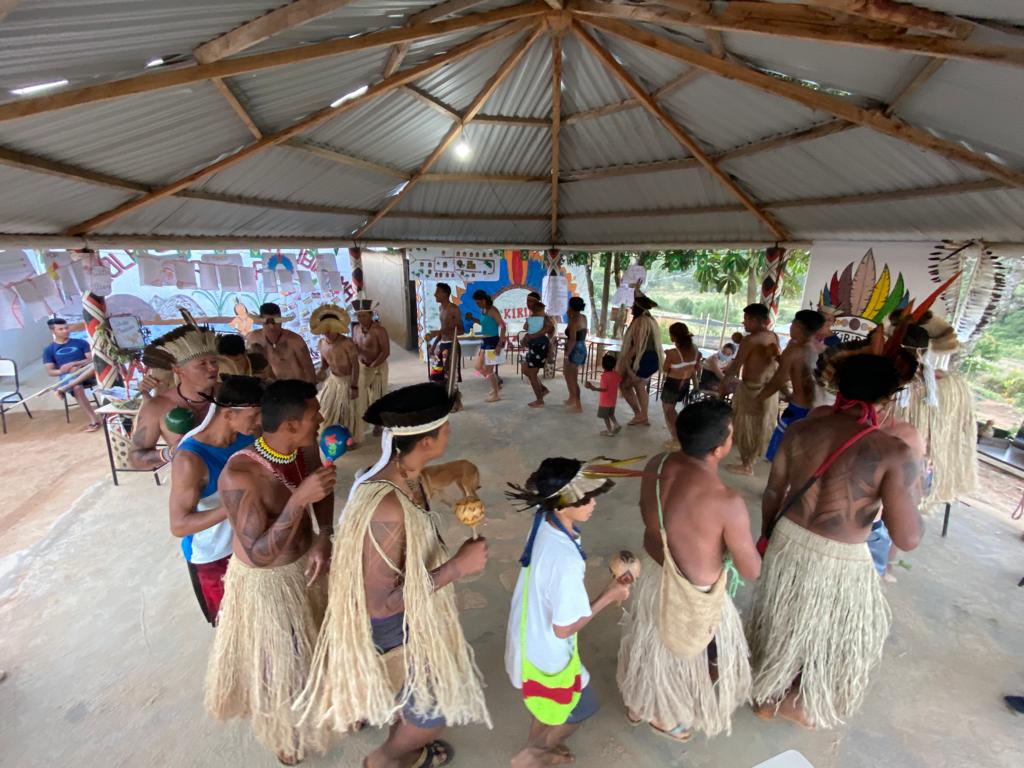Heritage Explorations Working Group

Heritage Explorations Working Group
Convened by Dr. Lucas Da Costa Maciel, Banting Postdoctoral Fellow, and Dr. Mario Blaser, Faculty member
Starting: Fall 2023 from September 22nd
Meeting Place: Queen’s College Room 2013
In general, the term "heritage" evokes what is passed down from one generation to the next, for good or ill. It is also often associated with identity, with what makes us who we are. In more specific settings, the term implies ways of valuing the "things" we pass on to new generations or receive from previous ones, and the concrete practices that express those valuations. We may take actions to care for our heritage when it is threatened, or we may take actions to transform it because we find it problematic. In the era of the Anthropocene and the polycrisis that accompanies it, the kinds of valuations associated with "heritage" seem to be proliferating. Natural and cultural heritage of all kinds are at risk of being destroyed by the very practices that constitute the 'heritage' of the modern world. Indeed, climate change and pollution are part of the heritage of modernity. Another part of the "modern heritage" is the denial of any practical value to the "heritage" of others who have been labeled non-modern, traditional, and so on. Among the "traditional" practices that moderns denied any value to were those that reflected a symmetry of value between humans and non-humans, or what moderns call "nature. In the context of a growing awareness of the undesirable legacies of the globalization of modernity, we hear various calls to return to our "heritages" of self-sufficiency and self-reliance. Some of these calls invoke as heritage a set of traits that made "us" great in the past, but the "us" represented is defined in exclusionary and supremacist ways. The existence of these tendencies is used by others as fodder for arguing that the role of heritage should continue to be that of a commodity for consumption in circuits of global tourism.
Our group of faculty, postdocs, and advanced graduate students is launching a working/reading group for social sciences and humanities’ folks which, convened around the term "heritage" as a very broad umbrella, seek to explore a variety of agendas that are being advanced in the context of a world grappling with the multifarious momentous challenges posed by the Anthropocene. If the situations you are interested explicitly or implicitly involve heritage broadly understood as what is passed on, this is your group!
The group will meet to discuss a few readings, our research and for invited presentations approximately once every two-three weeks and we plan to keep it running through the academic year. The readings will help move our conversatons, connect with our research and to prepare for the invited presentations. There is an agenda established for the fall and we will prepare another for the winter together with those who join us.
Meeting place Queen's College Room 2013. See below agenda for times. In the first meeting we will explain how to access readings.


Fall 2023: Schedule
September 22nd – Welcoming and Presentations of Fernanda Henrique (Unicamp) and Catalina Mansilla (UTA)
Room QC2013, 3 pm
Presentations:
Terra Verde: temporality and person among the Kiriri do Acre people in the south of Minas Gerais state, Brazil by Fernanda Henrique
Las Mesas de Marquez Mallku: Earth-Being’s Mouths in Northern Chile by Catalina Mansilla
Place and heritage are two interrelated concepts whose relationship can take different forms. The former is often understood as one of the mediators of the intergenerationality presupposed by the latter. This, in turn, seems to be a fundamental requirement of the notion of identity, which is linked to the raison d'être of heritage. Furthermore, it can be said that not only heritage elements but also heritage practices depend substantially on the places in which historical, architectural, and landscape elements, to name but a few, take place. Heritage, therefore, seems to be an in-place phenomenon. In turn, place seems to be the physical setting in which heritage is created and conserved, and different groups can come to attribute different cultural meanings. First, the problem presupposes an idea of place associated with permanence. Second, it relies on an anthropocentric conception of it. The Kiriri and Aymara stories help to complicate this problem. Can we conceive the relations between memory, place, human collectives, ancestry, and non-human beings while giving up the pretense of permanence? What does it mean to have a place when it is not only given meaning but also imprinting and conducting relations as an active and participating being? What happens to heritage when the place is a being? What connections between memory and identity are there when land remembers and the place feeding ceremonies work as mediator, rather than human minds and their mnemotechnics? What if heritage practices are, in fact, the politics of places to form people as they are transformed and revived? This opening session will help us pose questions we want to consider throughout the working group’s meetings. Thus, it is a brainstorming moment to think about how heritage matters can be viewed in light of land practices.
October 6th – Presentation of Dr. Paul Wattez (MUN/University of Ottawa)
Room QC2013, 3 pm
Readings:
- Ashley, S L.T., A. Terry et J. Lapace (2018). “Introduction: Critical heritage studies in Canada / Études critiques du patrimoine au Canada”, Journal of Canadian Studies, 52(1), 1‑10. https://doi.org/10.4000/nuevomundo.70152
- Santos-Granero, F. (2017). "Patrimonialization, Defilement & the zombification of cultural heritage," Nuevo Mundo Mundos Nuevos, https://doi.org/10.4000/nuevomundo.70152.
Presentation:
Iyiyiwch conceptions and negotiations of heritage: an ethnography of iiyiyiw iituun among the Waswanipi Iyiniwch by Paul Wattez
This presentation focuses what could be heritage and heritagization among the Iyiyiwch: a multiple reality according to different levels of negotiation and understanding of these Western concepts, such as the family, the community, and the nation. My ethnography among the Waswanipi Iyiniwch demonstrates that the common conceptual ground of these iyiyiwch conceptions is iiyiyiw iituun, which means 'way of doing.' With dynamics of inclusion and exclusion, particularization and generalization of iiyiyiwch knowledge at work, these understandings could be conflictual among the Iyiyiwch, also with the Quebecer standards and political definition of what is the heritage.
October 27th
Room QC2013, 3 pm
Readings:
- Harrison, R. (2018). On Heritage Ontologies: Rethinking the Material Worlds of Heritage. Anthropological Quarterly, 91(4), 1365–1384.
- Vidal, Fernando and Nélia Dias (2016). "Introduction: the endangerment sensibility." In: Endangerment, Biodiversity and Culture. Routledge. pp. 1-38.
November 10th - Dr. Lucas da Costa Maciel (Memorial University of Newfoundland)
Room QC2013, 3 pm
Readings:
- To be decided by the group
Presentation: Wiñomapugentual, becoming land again: memory, decomposing and circulation in the Mapuche life cycle and the problem of heritage as permanence by Dr. Lucas da Costa Maciel.
This communication presents the preliminary results of the reflection work the shaman Mauricio Reyes, the elder Rosa Huenchulaf, and I are carrying out about the Mapuche life cycles. I will explore the contrasts between memory and matter in the regime of heritage conservation and in a shamanic theory of matter in which memory is the world’s constitution. I will discuss how wiñomapugetual, becoming land again, points to the material decomposition and energy circulation allowing memory to be. In doing so, the distinction between memory and matter becomes blurred. After that, I will explore what are some of the challenges the heritagization impetus imposes on Mapuche life cycles and, consequently, for the world as matter/memory constitutive dynamics. I will discuss what the collecting of archaeological and ethnographic items has to do with the topic and explore still incipient connections with the notion of "land memory."
November 21st – Dr. David Anderson (University of Aberdeen)
Room QC2013, 4 pm
Readings:
- Cepek, Michal (2016). "There might be blood: Oil, humility, and the cosmopolitics of a Cofán petro-being," American Ethnologist 43(4): 623-635. https://doi.org/10.1111/amet.12379
- Anderson, David et al (2019). "Animal domestication in the high Arctic: Hunting and holding reindeer in the iAmal peninsula, northwest Siberia," Journal of Anthropological Archaeology 55: 1-23. https://doi.org/10.1016/j.jaa.2019.101079
Presentation: The politics of submerged heritage: Underground worlds on the Iamal Peninsula (Siberia) and beyond
This paper builds on fieldwork, an epoch ago, in the Russian Federation together with Russian archaeologists and Nenets fishers and herders. The paper will emphasis sections of the archaeological paper which were cut from publication on the role that Sikhirtia artefacts have played in the understanding of heritage. Sikhirtia is the name that Nenets give to a group of people who purportedly live “underground” emerging sometimes at cracks between the physical world and the underworld. They are known to have advanced knowledge of metalworking. The artefacts which sometimes emerge out of windblown sand dunes are attributed to them. The site that we re-excavated, to some worry from local Nenetses, is thought to be the site of a world-changing calamity where a Sikhirtia camp was incinerated by angry gods due to moral transgression. Early Soviet archaeologists re-interpreted Sikhirtia “mythology” as being the echoes of a past material culture characterised by brass forging and a ceramic pattern. Excavations at Iarte, and in other places, in the late Soviet period linked this purported early civilisation with a form of state-building the Arctic. The paper will explore the difference between the heritage of “that which came before” and “that which is underground”. Metaphors of submerged heritage are common across the circumpolar Arctic including huldrafolke in Scandinavia, little people in the Canadian High Arctic, and underground realms in Dene cosmology. Michael Cepek has analysed how cosmologies can be harnessed for different political ends – sometimes with great violence to the original meanings. Building on the hearsay ethnographies which were excluded from our published paper, I will explore how relations with still-existing and everpresent underground cultures explore a realm of future possibilities rather than a heritage that is dead and buried.